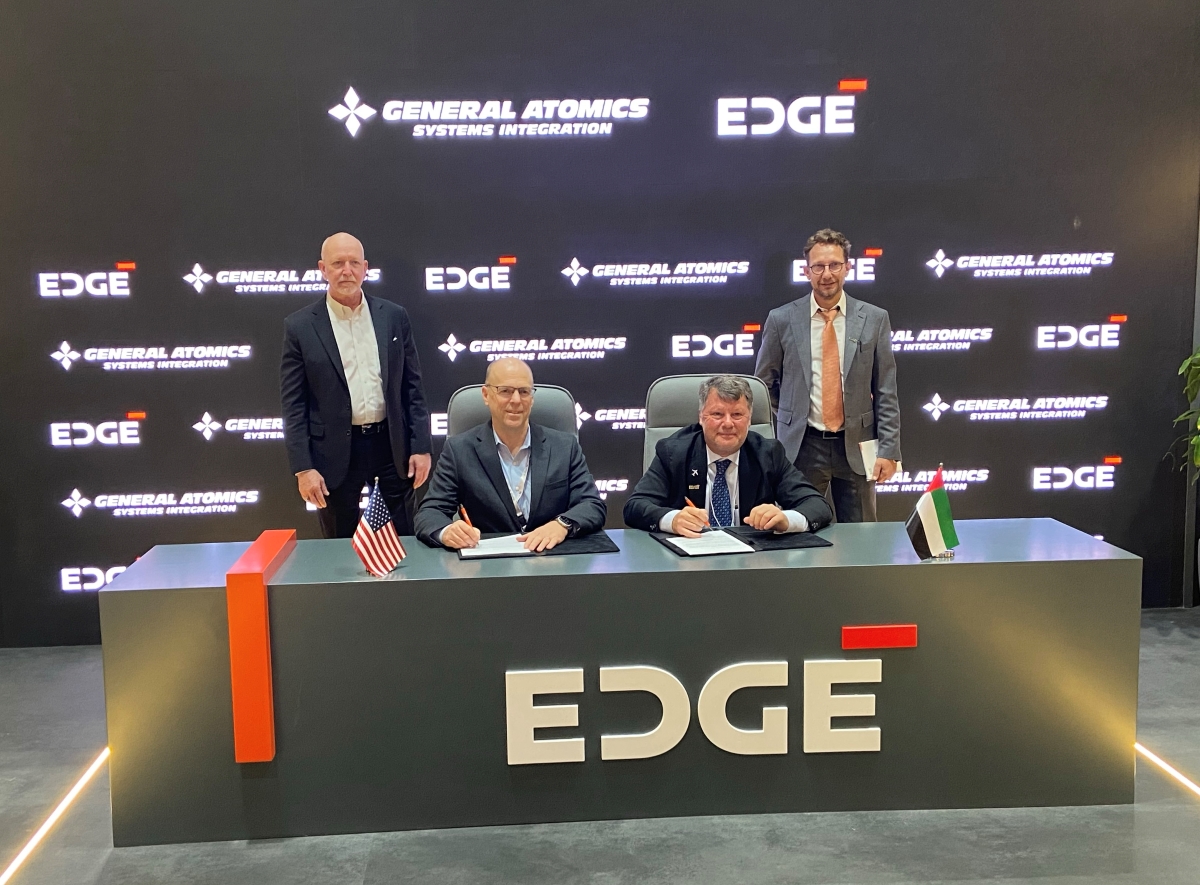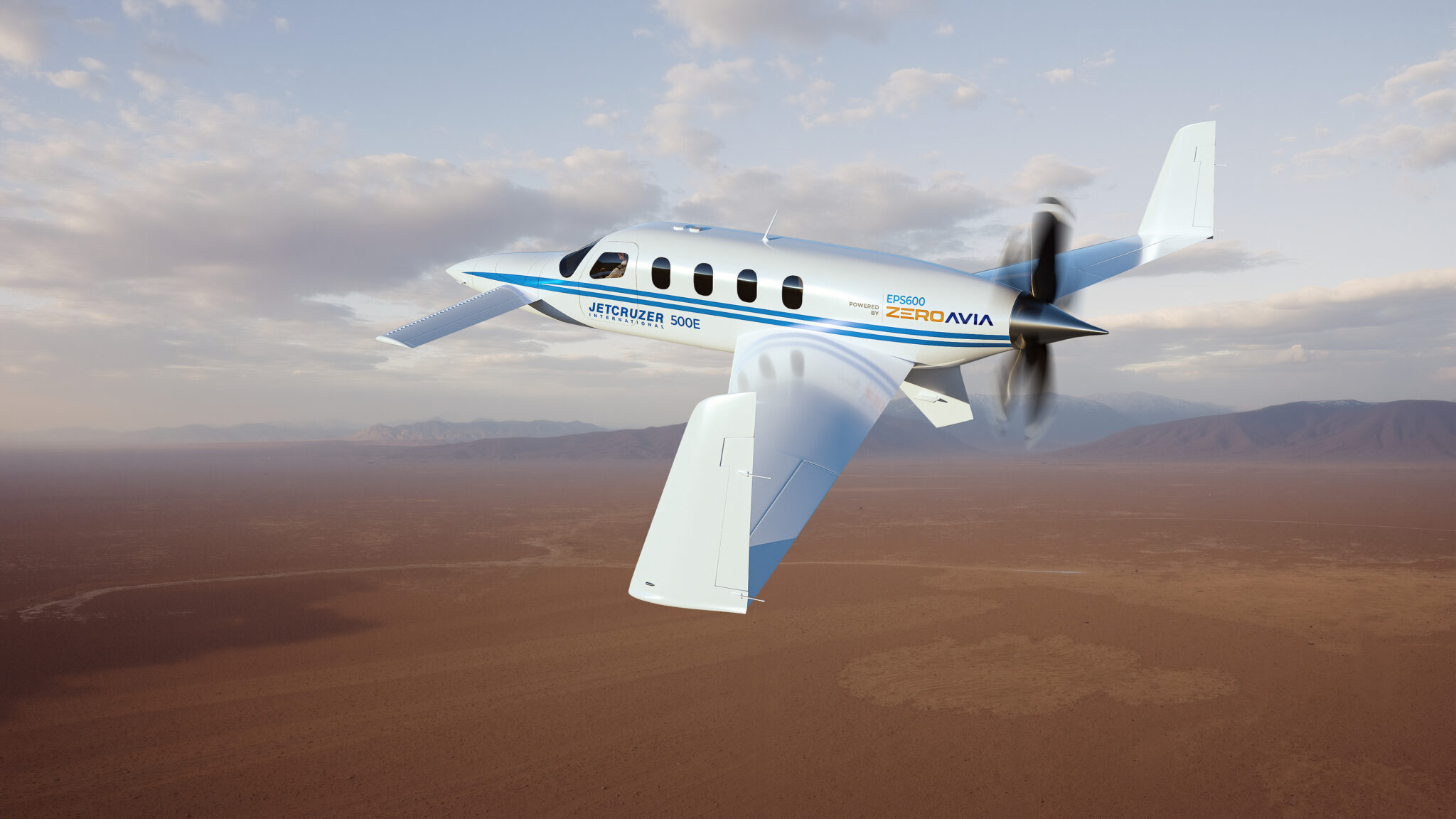BAE Systems and Airbus collaborate on sustainable aircraft tech

Image courtesy BAE Systems
The two companies will advance sustainable aviation by maturing and integrating electrification technologies that can reduce aviation’s carbon footprint.
BAE Systems will develop, test and deliver energy storage packs for electric aircraft in the megawatt power class, offering two hundred-kilowatt-hour energy capacity to enhance energy efficiency and performance. The energy storage system will provide electric propulsion assist to the engine during various phases of flight.
As part of the agreement, BAE Systems will provide energy storage systems to Airbus for lab testing and system integration for hybridisation technology demonstration.
“Our collaboration with Airbus will help future developments in air travel - advancing sustainable aviation with leading-edge energy management solutions,” said Ehtisham Siddiqui, vice president and general manager of Controls and Avionics Solutions at BAE Systems. “BAE Systems’ experience in flight-critical systems and vehicle electrification equips us to meet aerospace’s unique demands, allowing us to optimise performance, work towards more responsible aircraft operations, and address safe electric flight.”
BAE Systems has made investments in aircraft electrification and energy management, leveraging its expertise in safety-critical systems to mature technologies that meet energy storage system performance and certification requirements. The company’s technology is certifiable, fault-tolerant, and designed to address the highest levels of safety, including solutions for thermal runaway mitigation and containment.
The company has developed solutions to meet key challenges of energy storage in electric aviation, providing the optimum balance of energy and power for the next generation of aircraft. Its family of energy storage products offers a roadmap to 300 Wh/kg energy density using high-volume standard format cells. This gives aircraft a cost-effective and scalable upgrade path as battery technology matures.
BAE Systems’ experience developing and integrating electric power and propulsion systems goes back more than 25 years, while its expertise in developing flight-critical control systems for military and commercial aircraft spans more than four decades.
Work on the energy storage system will be performed at BAE Systems’ advanced engineering and manufacturing facility in Endicott, New York.













